Theistic Foundation of Science, part 3
By Ken Mann
Think Week: The Foundations of Science Found in Christian Theism, 3
We have been considering five presuppositions of science and how they can be explained by Christian theism. In the previous post we considered first three, here we will address the last two presuppositions, An Understandable World, and An Expressible World.
An Understandable World
We now turn to the significant mystery of why the world is understandable. From the perspective of naturalism, how or why this is the case usually boils down to a story describing how the evolutionary process increased brain capacity which led to a greater ability to survive. The purely physical view says the size and complexity of our brain is the reason we can understand the world.
However, there is a flaw in this argument as described by Alvin Plantinga in his Evolutionary Argument Against Naturalism. In short, there is an important distinction between survival and truth. Evolution is a process that favors the capacity to survive, but that does not guarantee that our reasoning processes or our senses can be trusted, merely that they have facilitated our ability to survive. Patricia Churchland, a philosopher who embraces naturalism, made the following observation: “Boiled down to essentials, a nervous system enables the organism to succeed in the four F’s: feeding, fleeing, fighting, and reproducing. The principle chore of nervous systems is to get the body parts where they should be in order that the organism may survive… Truth, whatever that is, definitely takes the hindmost.”[1] In other words, what governs survival is behavior, not beliefs. Beliefs do directly cause behaviors. In fact, a combination of beliefs, desires, and other factors lead to behavior. So it is more than conceivable that false beliefs about the world can lend themselves to survival just as well as true ones.
The evolutionary story is in stark contrast to how Christian theism not only explains why
creation is understandable but also the motivated observation as a part of science. Let’s consider three aspects of the intelligibility of creation: the nature of man, the nature of creation, and the transition from reason to observation.
The Nature of Man. The most foundational and misunderstood aspect of the nature of man, as described in the Bible, is that humanity was created in the image of God. I would like to offer three observations about this theologically deep topic.
First, the naturalist’s wooden interpretation of this phrase leads to the idea that God is physical being like us. In truth, God is an immaterial and transcendent being. Therefore whatever “image of God” means it cannot mean something merely physical.
Second, it is helpful to see this phrase in terms of the attributes of God that have been shared with humanity. God is a personal being, meaning He has mind, will, and emotions. In this way, human persons are finite examples of God. We have a mind that allows us to think, to reason.
We have a will that allows us to make decisions, to have intentions and purposes. We have emotions that allow us to experience relationships.
Third, there are attributes of God that cannot be shared with humanity. For example, God is infinite versus humanity being finite. In terms of knowledge, God is omniscient. In terms of time, God is eternal, without beginning or end. God is self-existent while humanity is contingent.
We exist because God created us, but God’s existence is not dependent on anything else.
We have a finite version of God’s rational capacities to reason and have intentions. Humanity and creation are the products of the same rational mind. Therefore, it makes sense we would have the capacity to understand creation.
An Object of Study not Worship. Christianity stands apart from other religions in its perspective toward creation. In contrast to many cultures and religions that believed creation was populated by gods, the Bible de-deifies the world. This allowed humanity to study rather than worship creation. As Nancy Pearcey explains: “The monotheism of the Bible exorcised the gods of nature, freeing humanity to enjoy and investigate it without fear. When the world was no longer an object of worship, then-and only then-could it becomes an object of study.”[2]
From reason to observation. A final observation about how Christian theism explains why creation is understandable can be found in the origins of the theological view know as voluntarism. During the Middle Ages, theologians such as Thomas Aquinas wrestled with reconciling with certain aspects of Aristotle’s views of nature with orthodox views of God and creation. For Aristotle, nature was understood to the extent that the purpose of any object or creature could be discerned. Once the purpose was understood nothing else needed to be known.
Regarding God and the nature of the universe Aristotle believed “that the ultimate rational causes of things in God’s mind could be discovered by the human reason; and that he had in fact discovered those causes, so that the universe must necessarily be constituted as he had described it, and could not be otherwise.”[3]
As various thinkers started proposing views that directly undermined the nature of God, based on an application of Aristotle’s views, the Church reacted. In 1277 the Bishop of Paris published a list of 219 statements condemning any statement that limited God’s freedom of action regarding creation. Some specific examples of physical concepts Aristotle believed clarify the intention of the Bishop’s condemnations. For example, Aristotle believed that a vacuum was physically impossible, heavenly objects can only move in circles, and ballistic motion (e.g. a baseball) was sustained by displaced air pushing the moving object.
The condemnations did not limit the work of natural philosophers (a term that referred to theologians who studied nature). Instead, it freed them from continued adherence to Aristotle’s views on the natural world. A new form of theology, known as voluntarism, was inspired.
According to Pearcey, “Voluntarism insisted that the structure of the universe-indeed, its very existence-is not rationally necessary but is contingent upon the free and transcendent will of God.”[4]
Voluntarism inspired and justified what we would refer to today as an experimental methodology. It established that the nature of creation could not be found via reason alone. We must observe nature to understand what the creator did. The need for observation, a foundational concept within science, was discovered by 13th century Christians attempting to defend the nature of God while thinking about the study of nature.
An Expressible World
Finally, let’s consider the existence of mathematics. As was noted in a previous post, mathematics as a discipline is completely devoted to abstract concepts. These concepts are frequently applied to physical reality as tools of explanation, and description. They sometimes even guide future research in disciplines like physics. Not only is the naturalist viewpoint unable to explain the existence of mathematics, it cannot acknowledge the existence of the abstract objects that make it possible.
The laws of nature, as noted above, are written in the language of mathematics. The character Ellie Arroway in the movie Contact, called mathematics the only universal language. According to Christianity, by virtue of sharing aspects of God’s nature, we are given access to that language. By describing nature via theories and mathematics, we are “thinking God’s thoughts.”
This points to an obvious and delightful concept that God created humanity to know Him directly through Jesus and indirectly through creation.
The heavens are telling of the glory of God;
And their expanse is declaring the work of His hands.
Day to day pours forth speech,
And night to night reveals knowledge.
There is no speech, nor are there words;
Their voice is not heard.
Their line has gone out through all the earth,
And their utterances to the end of the world.
Psalm 19:1-4
We have now completed looking at five presuppositions of science and how they are grounded within Christianity. As I bring this series on foundations of science to a close, I hope I have made it clear that Christianity, far from being hostile or impeding science actually played a significant role in the thinking that made science possible. No matter how many secularists today denigrate Christian theism or the historical role it played, they cannot escape the idea that the study of nature serves two important ends: glorifying God and serving man.
In the next part of this series, we will look at some of the models, which describe how Christianity and science interact.
Biography
Carlson, Richard F., Wayne F. Frair, Gary D. Patterson, Jean Pond, Stephen C. Meyer, and
Howard J. Van Till. Science & Christianity: Four Views. Downers Grove, IL: IVP Academic, 2000.
Collins, C. John. Science and Faith: Friends or Foes?. Wheaton, IL: Crossway Books, 2003.
DeWeese, Garrett J. Doing Philosophy as a Christian. Downers Grove, IL: IVP Academic, 2011.
Deweese, Garrett J. Philosophy Made Slightly Less Difficult: A Beginner’s Guide to Life’s Big
Questions. Downers Grove, IL: Intervarsity Press, 2005.
Gould, Stephen Jay. Rocks of Ages: Science and Religion in the Fullness of Life. New York, NY: Ballantine Books, 1999.
Hume, David. “The Project Gutenberg eBook of An Enquiry Concerning Human Understanding.” http://www.gutenberg.org/files/9662/9662-h/9662-h.htm (accessed April 14, 2015).
Moreland, J. P. Christianity and the Nature of Science: A Philosophical Investigation. 2nd ed.
Grand Rapids, MI: Baker Book House, 1999.
Moreland, J. P., and William Lane Craig. Philosophical Foundations for a Christian Worldview. IVP Academic, 2003.
Numbers, Ronald L. Galileo, Goes to Jail and Other Myths about Science and Religion. 1st ed.
Cambridge, MA: Harvard University Press, 2009.
Pearcey, Nancy. The Soul of Science: Christian Faith and Natural Philosophy. Wheaton, IL:
Crossway Books, 1994.
Stark, Rodney. For the Glory of God: How Monotheism Led to Reformations, Science, Witch-
Hunts, and the End of Slavery. Princeton: Princeton University Press, 2004.
Notes
[1] Journal of Philosophy 84 [October 87], p. 548
[2] Pearcey, The Soul of Science, Kindle Locations 191–193.
[3] Ibid., Kindle Locations 295–297.
[4] Ibid., Kindle Locations 289–290.


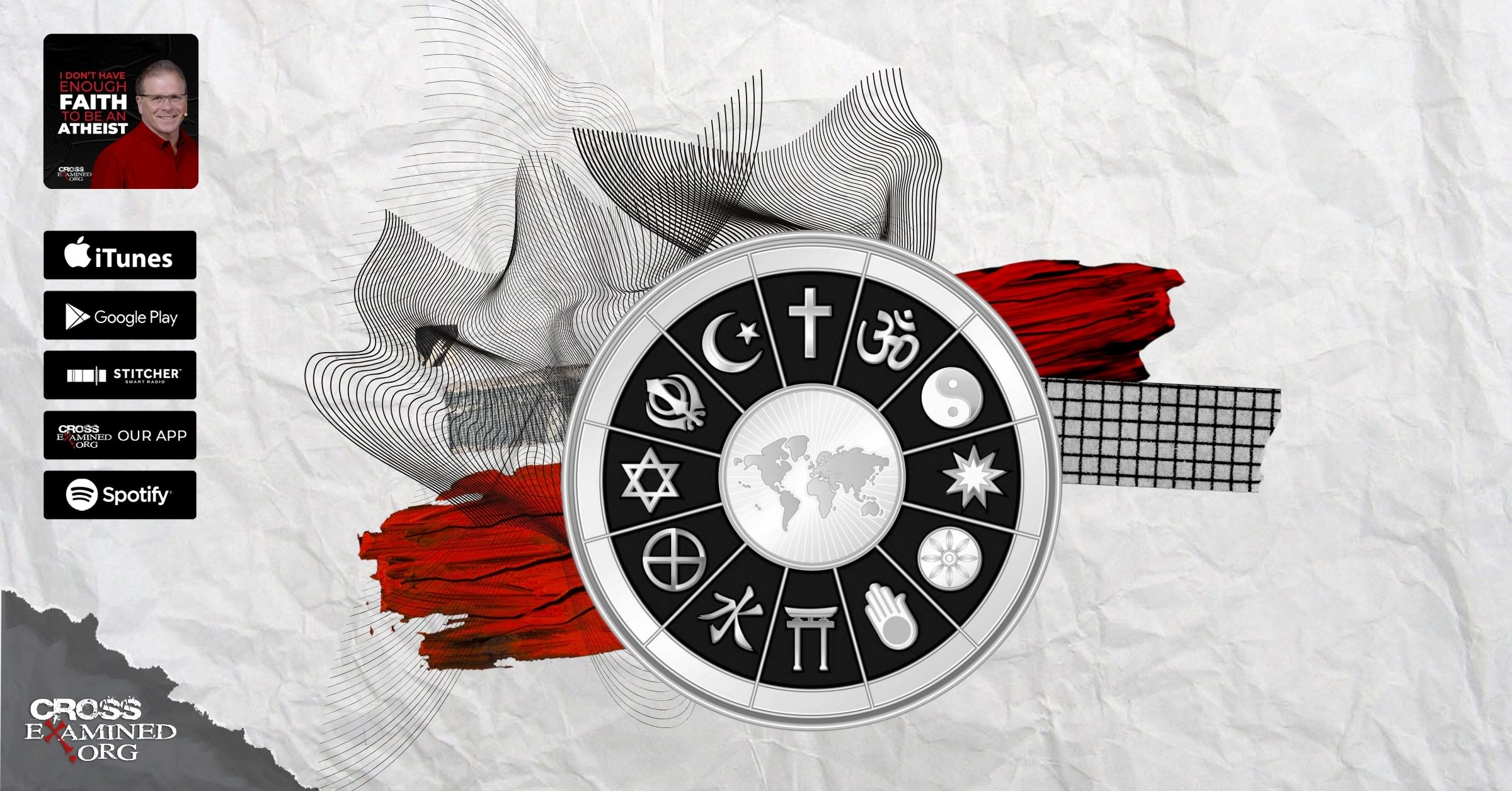
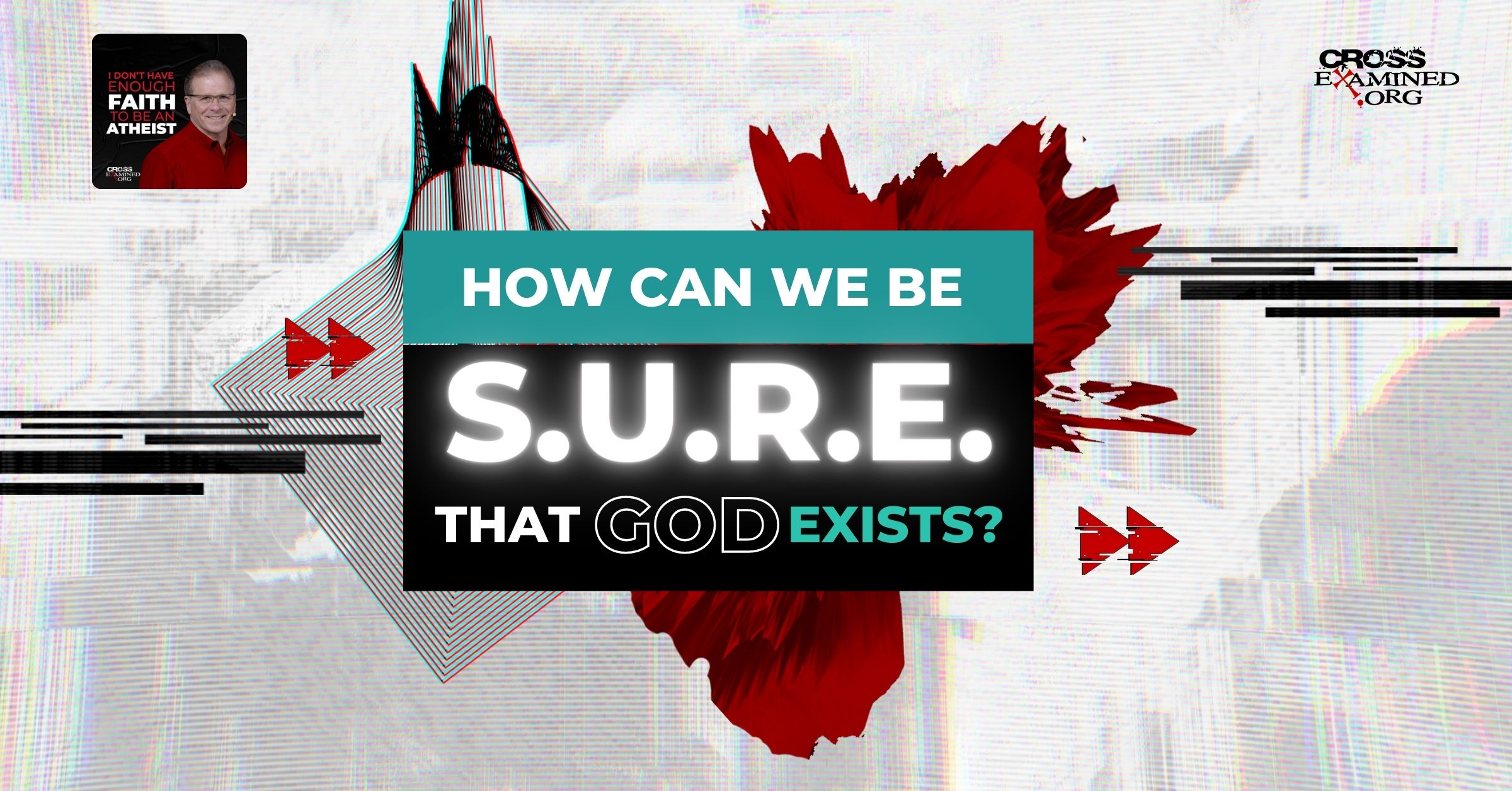

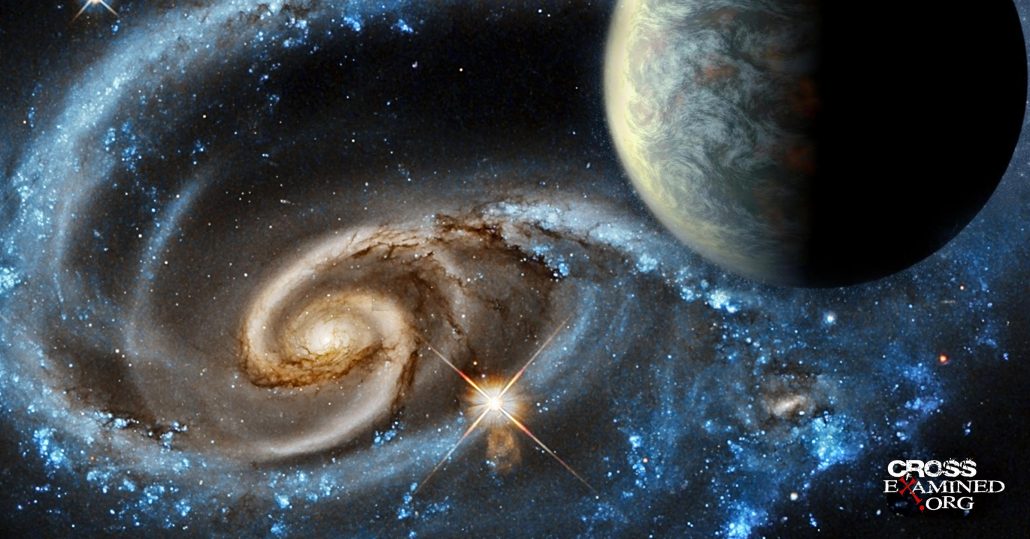


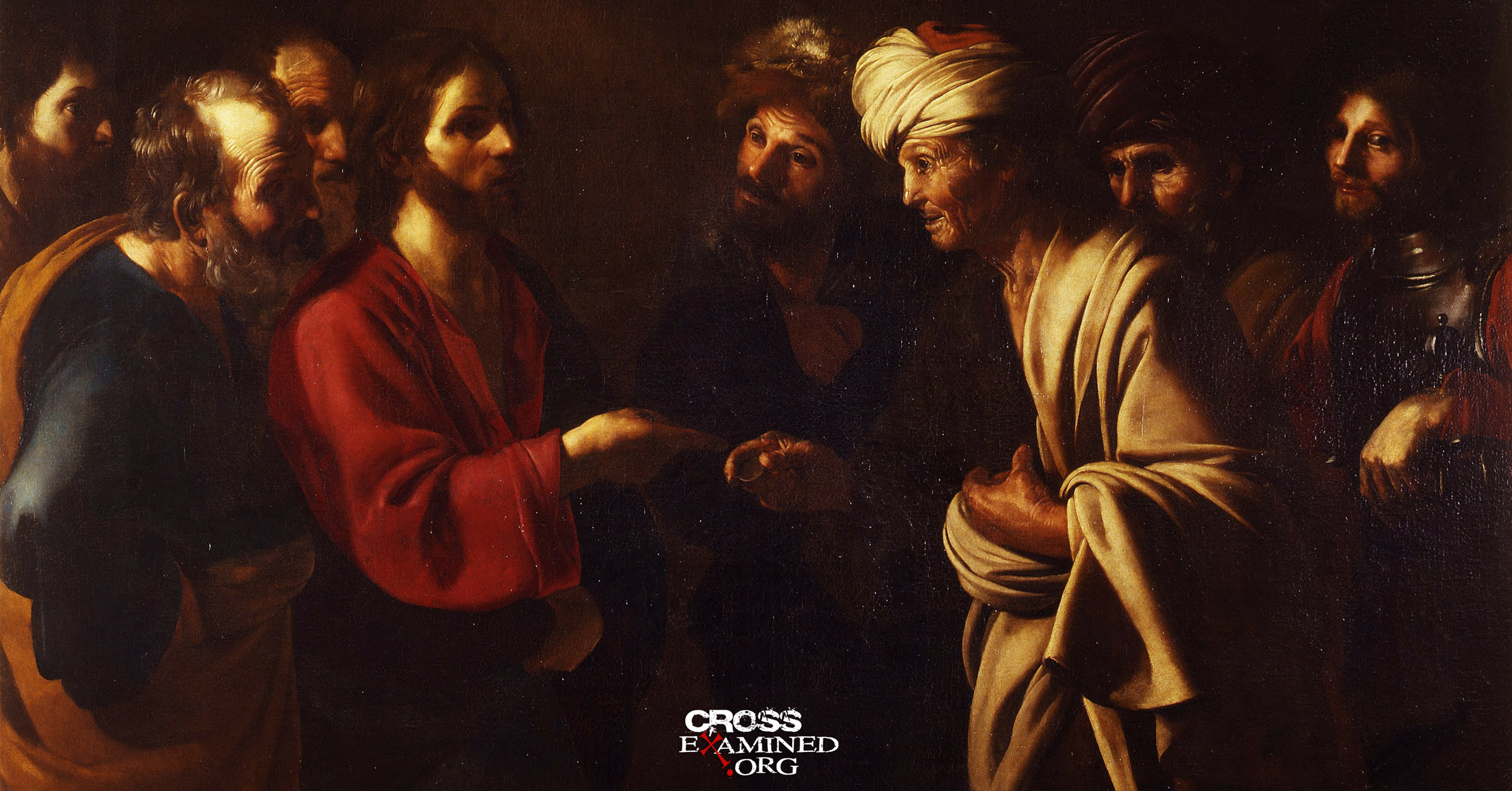
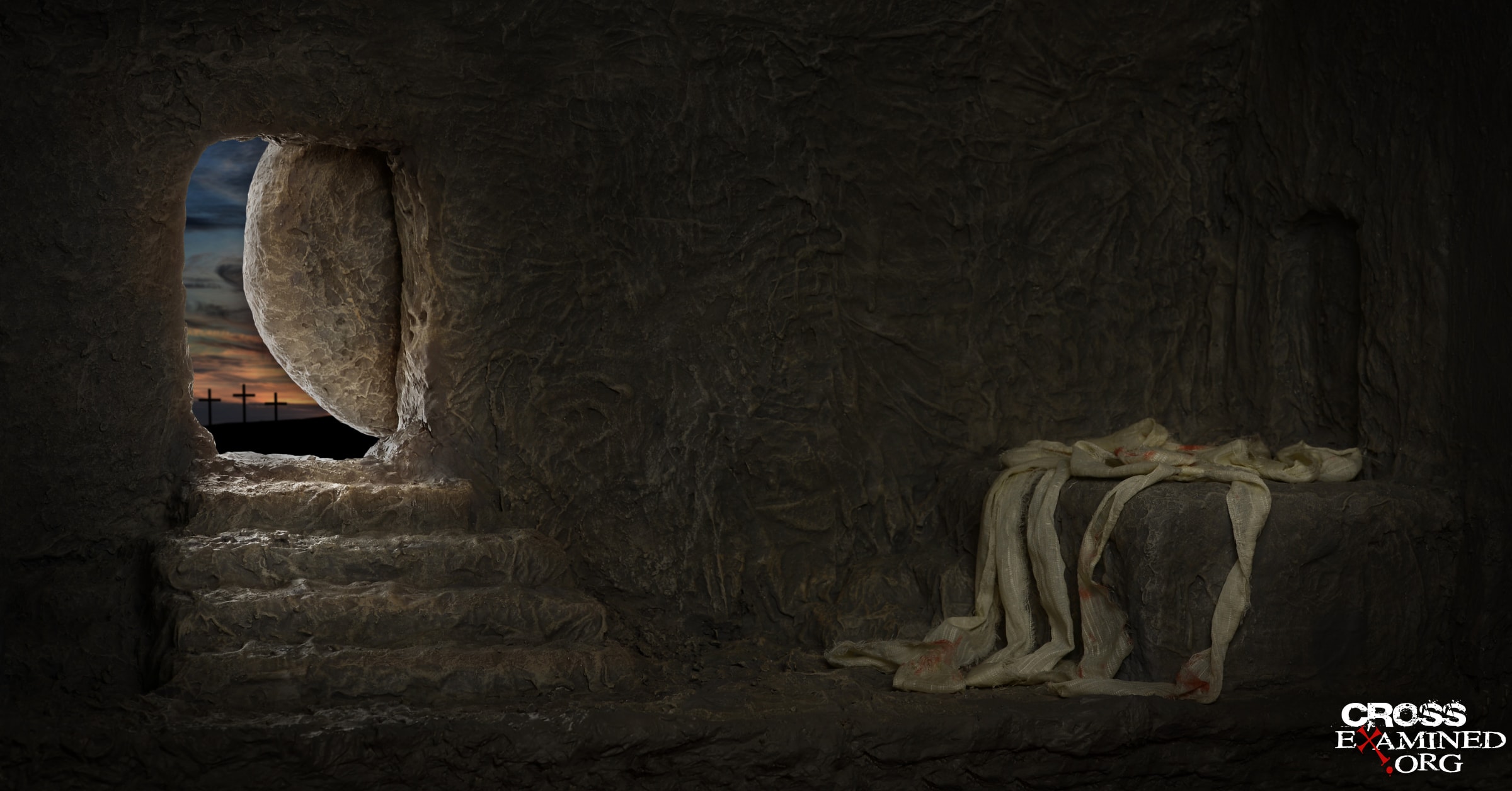


Leave a Reply
Want to join the discussion?Feel free to contribute!